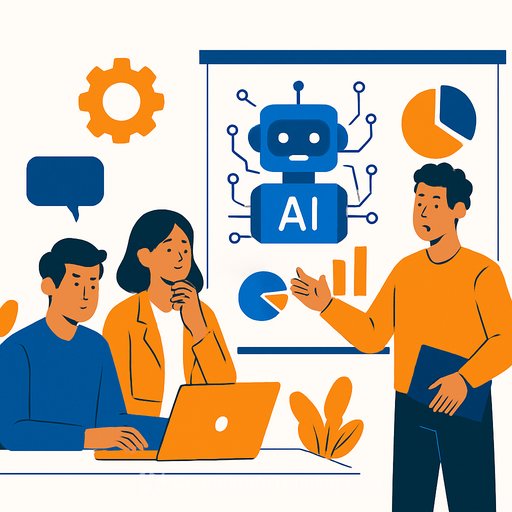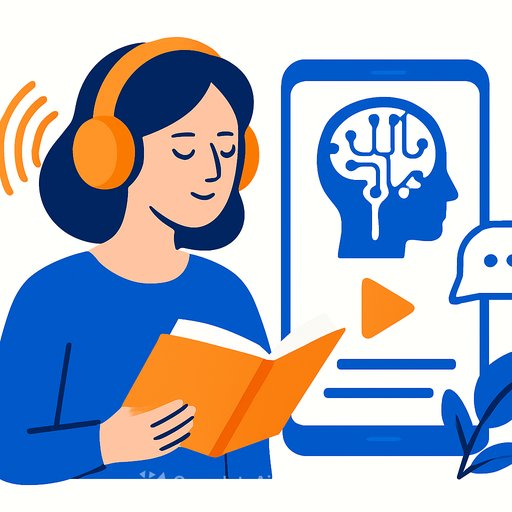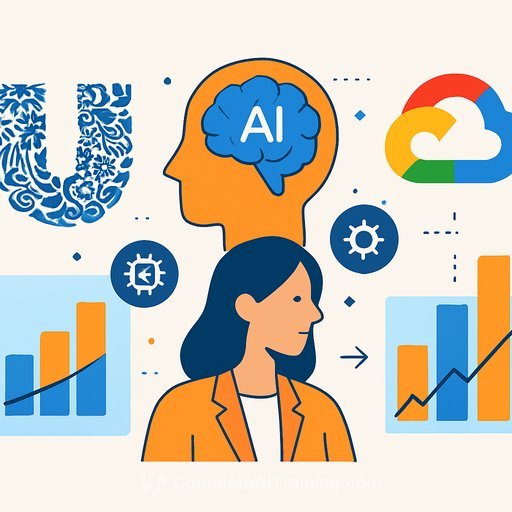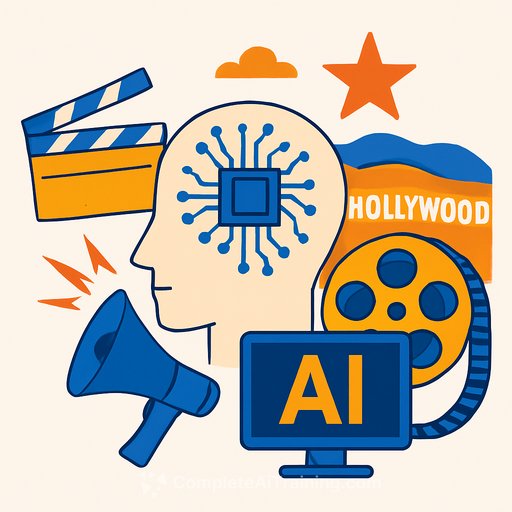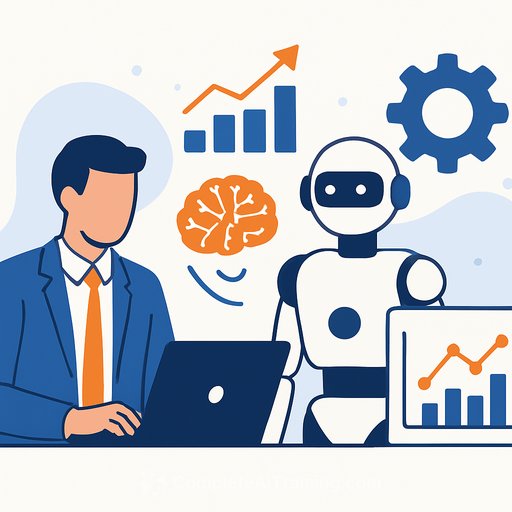Agency and Marketing Tactics in the Age of AI: Survive or Change?
Artificial intelligence is reshaping marketing strategies, pushing marketers to focus on more meaningful work. The fast pace of AI development means marketers must quickly adapt or risk falling behind. Christina Inge from Harvard stresses that AI won’t replace jobs—people who know how to use AI will. Marketers who master AI tools will lead the way.
The Momentum of Change
Data confirms AI’s growing role in marketing. The 2025 State of Marketing AI Report shows 74% of marketers see AI as critically or very important. The main reasons for AI adoption include:
- Reducing time on repetitive, data-heavy tasks (82%)
- Extracting actionable insights from data (65%)
- Accelerating revenue growth (63%)
- Maximizing value from marketing technology (59%)
- Improving ROI on campaigns (58%)
In Indonesia, leading agencies have moved past experimenting with AI to integrating it strategically.
From Experimentation to Practical Use
Jonathan Patrick of Ogilvy Indonesia explains that using generative AI as a coworker is inevitable but requires human oversight. AI handles early tasks like data collection and brainstorming, while humans add nuance and review final outputs. This approach has doubled individual productivity, allowing staff to manage more clients effectively.
Baba Hazuria from Iris Indonesia also stresses AI as a strategic necessity, not just a trend. AI accelerates research, content creation, and data analysis, enabling the team to spend less time generating ideas and more on refining them.
Balancing Data Security and Efficiency
Data security is a top priority. Iris developed an internal AI system based on GPT that operates offline, preventing client data leaks while maintaining brand alignment. Ogilvy’s parent company, WPP, released a proprietary AI tool called WPP Open, combining models from Anthropic, Google, and OpenAI. Employees cannot use public AI tools like ChatGPT for work, underscoring strict security measures.
According to the Microsoft Work Trend Index 2025, 78% of company leaders plan to hire AI-specific roles such as AI trainers, data specialists, and AI security experts. This shows AI is creating new jobs rather than replacing humans.
Changing Roles: From CMO to Chief Market Officer
More than half of marketers fear AI will replace jobs, but only a quarter believe it will create new ones. Jaslyn Qiyu from Mad About Marketing Consulting sees AI as a force for role evolution rather than elimination:
- Data Analysis: High risk of automation but opens doors for strategic insight extraction.
- Campaign Optimization: AI handles adjustments, freeing humans to innovate concepts.
- Content Creation: Basic content can be AI-generated; humans focus on strategy and creativity.
- Channel Management: Medium risk; opportunity to build integrated omnichannel experiences.
- Customer Segmentation: High automation potential; humans develop advanced targeting strategies.
Both Qiyu and Hazuria agree that the role of marketing leaders must shift to focus on demand shaping, buyer intent prediction, and demonstrating marketing’s impact on revenue. Fluency with AI tools is becoming as essential as traditional skills like briefing and writing.
The Three Pillars of AI-Driven Marketing
Sally Revell and David Hayes highlight three key areas where AI transforms marketing:
- Market Intelligence and Demand Creation: Platforms like 6sense and Bombora analyze signals to identify high-potential accounts early.
- AI-Powered Strategy Tools: Generative AI enables personalized content targeting entire organizations, tracking social media and more.
- Revenue Attribution and Business Impact: AI shifts focus from last-touch attribution to true revenue impact, optimizing budgets and ROI.
Challenges and Risks
AI adoption faces hurdles: lack of training (62%), awareness (52%), and resources (41%). Ogilvy Indonesia addresses this with regular staff training on AI tools, including building custom AI agents. Iris promotes a culture of “working in public,” turning individual curiosity into shared knowledge.
Ethical concerns also arise. Aqilla Abdurrahman Jundiy warns that overusing AI in content marketing risks losing consumer trust due to fake or inauthentic content. Trust remains the core of effective marketing, and AI must be used responsibly.
Looking Ahead: Collaboration Over Replacement
Clients accept AI involvement when there is transparency. Baba Hazuria notes a shift from fear to curiosity, emphasizing the need to clearly show where AI is used and where human judgment is essential. This balance delivers both creativity and speed.
Jonathan from Ogilvy stresses that AI frees humans from repetitive tasks, allowing more time for strategic activities like media relations and planning.
Jaslyn Qiyu sums it up: marketing leadership is about collaboration between humans and AI. Successful CMOs will leverage AI strategically to drive growth and improve customer experiences.
Adaptation is no longer optional. The marketing industry’s future belongs to those who quickly learn to work with AI, not against it.
Your membership also unlocks:

